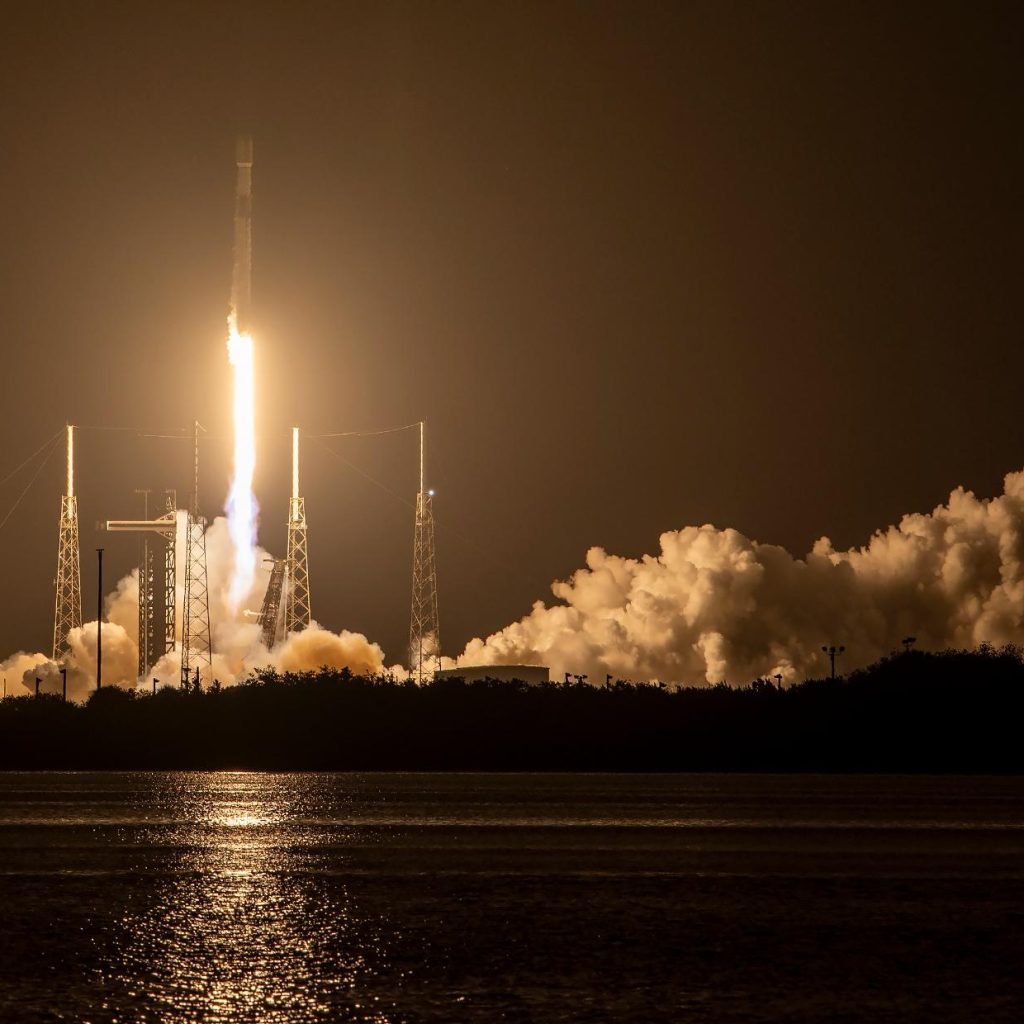SpaceX successfully launched a Falcon 9 rocket from Cape Canaveral Space Force Station early Wednesday morning, carrying 20 Starlink satellites, including 13 equipped with direct-to-cell (DtC) capabilities.
The launch, initially delayed by technical issues, lifted off at 4:55 a.m. EDT (0855 UTC) following a two-hour postponement.
“The Falcon 9 rocket carrying 20 Starlink spacecraft, including 13 with direct-to-cell capabilities, launched from Cape Canaveral Space Force Station at 4:55 a.m. EDT (0855 UTC) on Wednesday,” SpaceX confirmed in a mission description.
Falcon 9 launches 20 @Starlink satellites to orbit from Florida, including 13 with Direct to Cell capabilities. These satellites act as cellphone towers in space, eliminating deadzones without phone modifications or special apps pic.twitter.com/DXTaCokOyE
— SpaceX (@SpaceX) July 3, 2024
The mission marked the 67th Falcon 9 launch of 2024, highlighting SpaceX's ongoing efforts to expand its Starlink megaconstellation, which now comprises over 6,150 operational satellites.
The Falcon 9 booster, making its 16th launch and landing, successfully returned to Earth, touching down on the droneship “A Shortfall of Gravitas” in the Atlantic Ocean approximately eight minutes after liftoff.
In addition to bolstering the Starlink network, SpaceX continues to advance its space exploration ambitions with recent launches of the Falcon Heavy rocket and test flights of Starship, a vehicle aimed at supporting future missions to the Moon and Mars.
